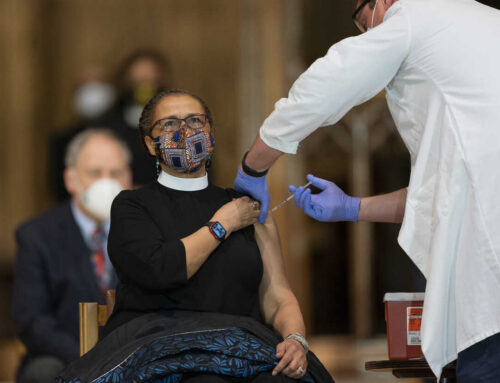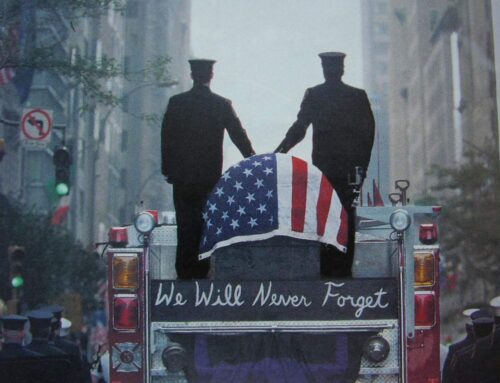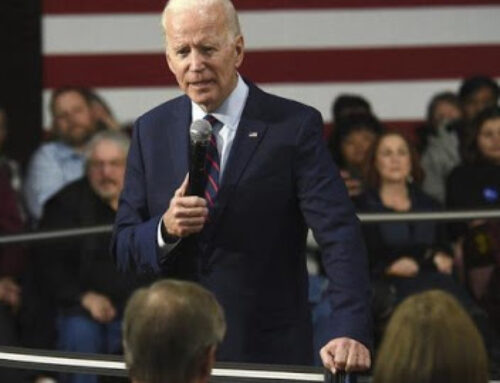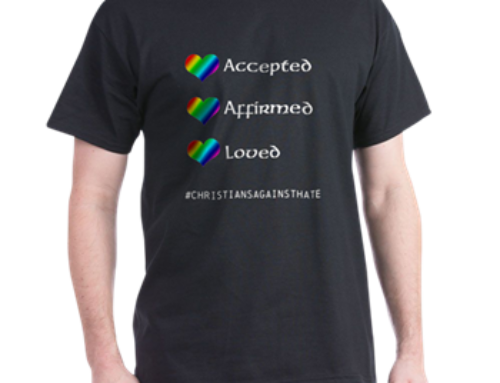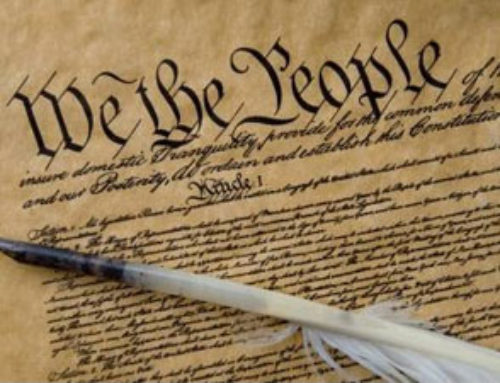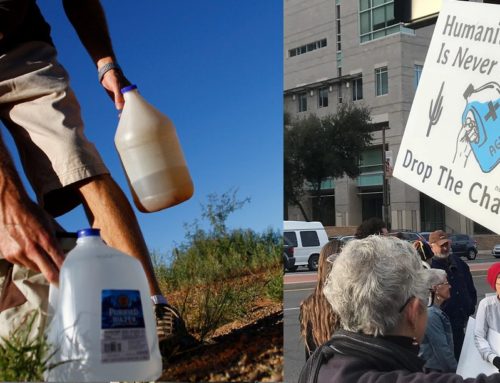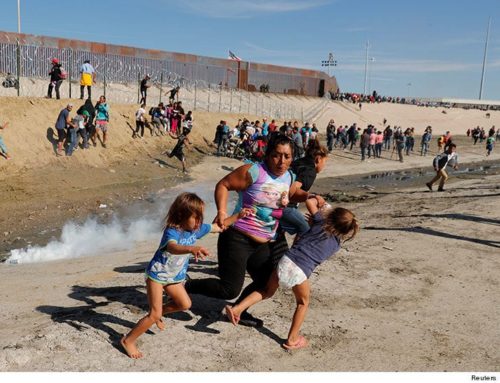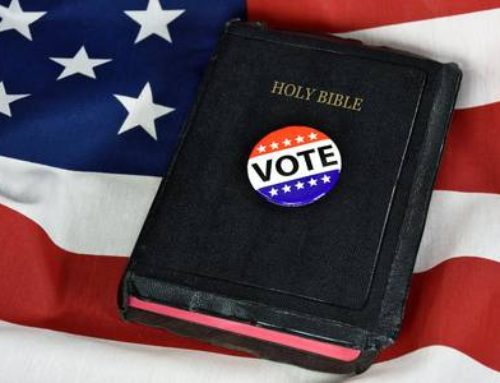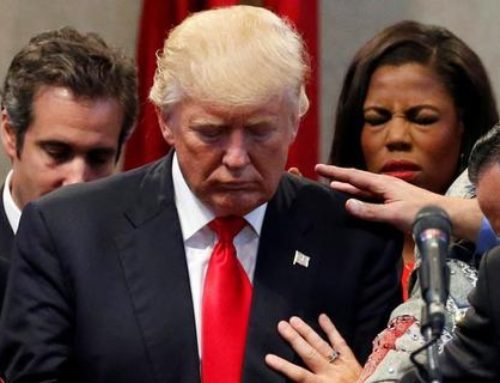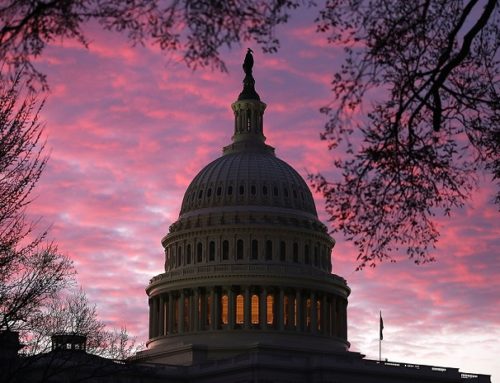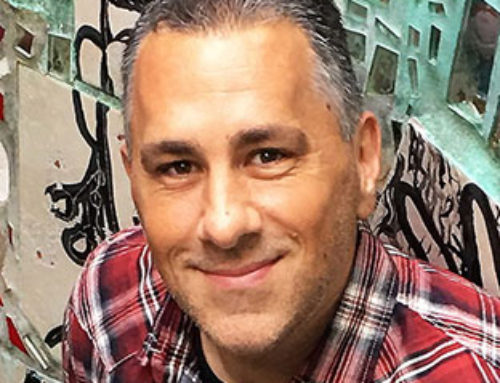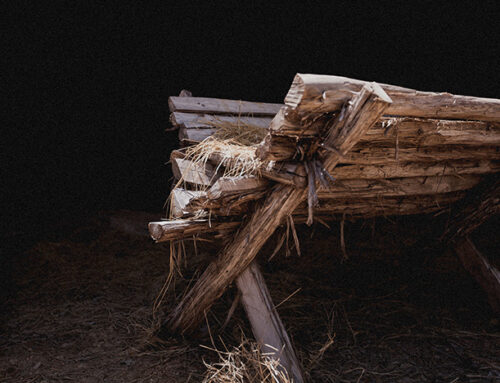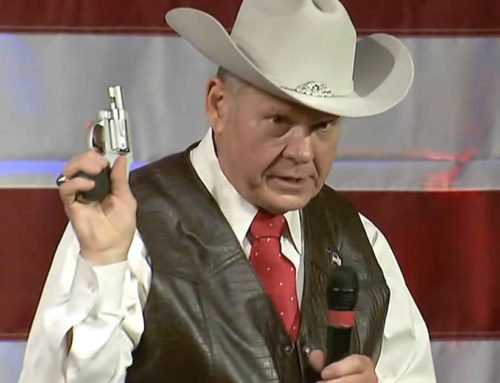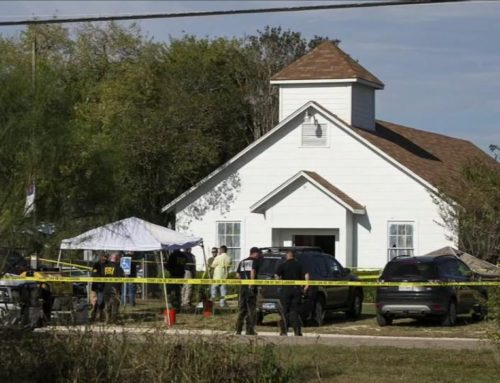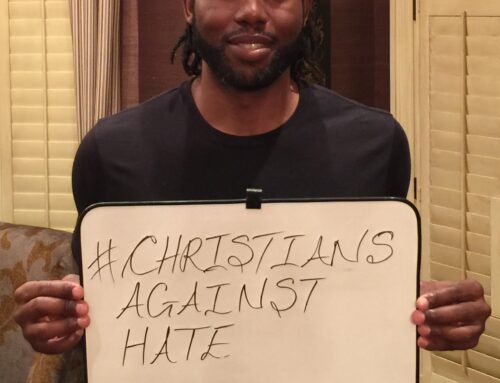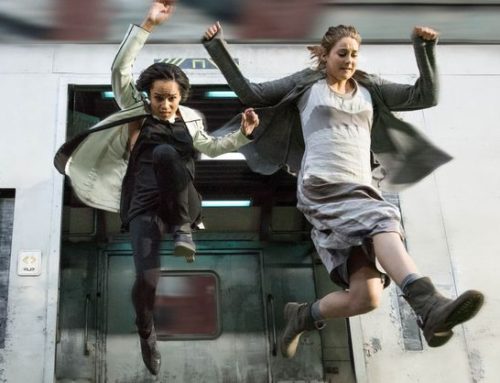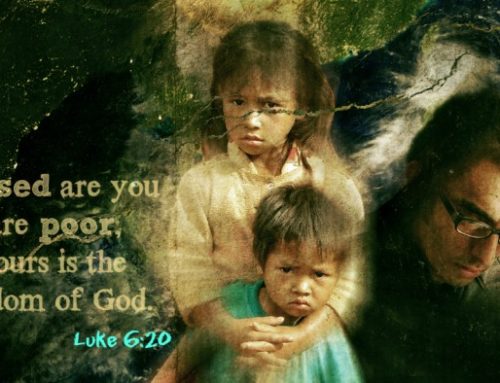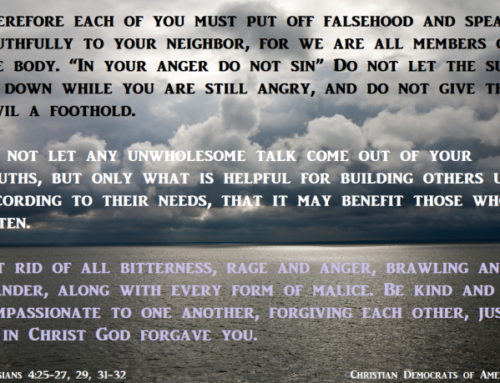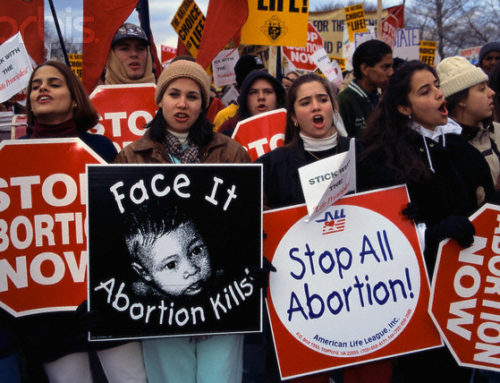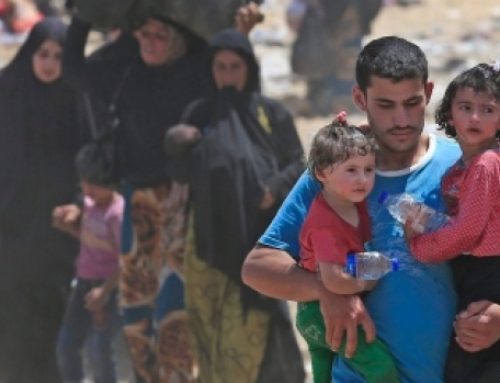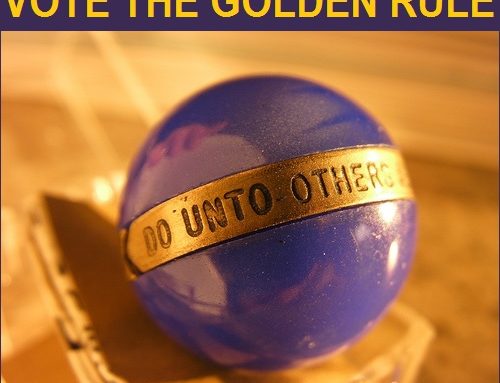Recognizing Powerful Women in Ministry on International Women’s Day
by Christina Forrester
 On International Women’s Day I would like to take a moment to recognize some powerful women in ministry through history, starting with my own grandmother. Mary Love Cornell was a pioneer female evangelist and pastor at a time when that was unheard of and unaccepted, as she started her ministry in the 1940’s and 1950’s. She faced a lot of trials but persevered in a 50+ year ministry that centered on the LOVE of Jesus. Centering her message on love was sometimes just as controversial as her being a woman. I have a play, book and screenplay in the works on her remarkable story.
On International Women’s Day I would like to take a moment to recognize some powerful women in ministry through history, starting with my own grandmother. Mary Love Cornell was a pioneer female evangelist and pastor at a time when that was unheard of and unaccepted, as she started her ministry in the 1940’s and 1950’s. She faced a lot of trials but persevered in a 50+ year ministry that centered on the LOVE of Jesus. Centering her message on love was sometimes just as controversial as her being a woman. I have a play, book and screenplay in the works on her remarkable story.
The fight for God-given equality and freedom for women as was declared through Jesus and exercised in the early church is still a struggle today, with many denominations not recognizing women preachers. Man-made barriers have stood in the way of women exercising their full potential in the church the same way as other “industries” and this is not pleasing to God. My grandmother had to preach on the street corners at first, because no church would allow her to preach inside the sanctuary. She eventually gained the respect of many, but what tremendous courage it must have taken to bust through the societal norms. We can’t let the intimidation from the man-made religious dogma and Pharisees stop us today either, from standing for truth, love and change. If you are a woman who feels a call of God on her life, do not back down!
There are many women who have gone unrecognized in history for their contributions to ministry. CBE International has published a great article outlining the stories of many other women in history, here are a few from the article but please checkout the full list:
10 Awesome Women Pastors From History
During Women’s History Month, and especially on International Women’s Day, we have a unique opportunity to correct the marginalization of women’s accomplishments and influence. Those blindspots exist in the church too, especially when it comes to women pastors. Women pastors are not a new phenomenon, but many Christians aren’t aware that there is a long tradition of women pastors in the church.
Women in history were faithful to their pastoral callings—against all odds. Many pursued ministry against the cultural tide of patriarchy in the church. These tenacious women are a vital part of our Christian legacy. But also, when we celebrate women pastors in history, we open doors wide for women in ministry today. With that in mind, here are ten awesome women pastors from early American history you should know.
Jarena Lee (1783-1864)

In 1819, Lee became the first African-American woman authorized to preach in the African Methodist Episcopal Church. She was also the first African-American woman to have an autobiography published in the US. Eight years after Lee heard God calling her to preach, she was finally able to convince her pastor to let her behind the pulpit. She beseeched him, “If the man may preach, because the Savior died for him, why not the woman, seeing he died for her also? Is he not a whole Savior, instead of half of one?”
Lee became a traveling preacher, moving from place to place on foot. She faced much opposition due to both her race and gender. In one year, she “travelled two thousand three hundred and twenty-five miles, and preached one hundred and seventy-eight sermons.”
Antoinette Brown Blackwell (1825-1921)

Blackwell was a precocious child living in Rochester, New York, who began preaching in her Congregational church at the age of nine. She was a school teacher for four years, saving money to enroll in Oberlin College, founded by Charles Finney and one of the first American colleges to train women in theology. Even so, her theology degree was withheld from her for several years due to discrimination against women in ministry.
Blackwell was a prolific writer and charismatic preacher. She eventually became the first woman to be ordained by a major American Protestant denomination in 1853. She continued preaching until 1915. Blackwell was also an abolitionist and early feminist, writing several books on women’s rights and equality.





